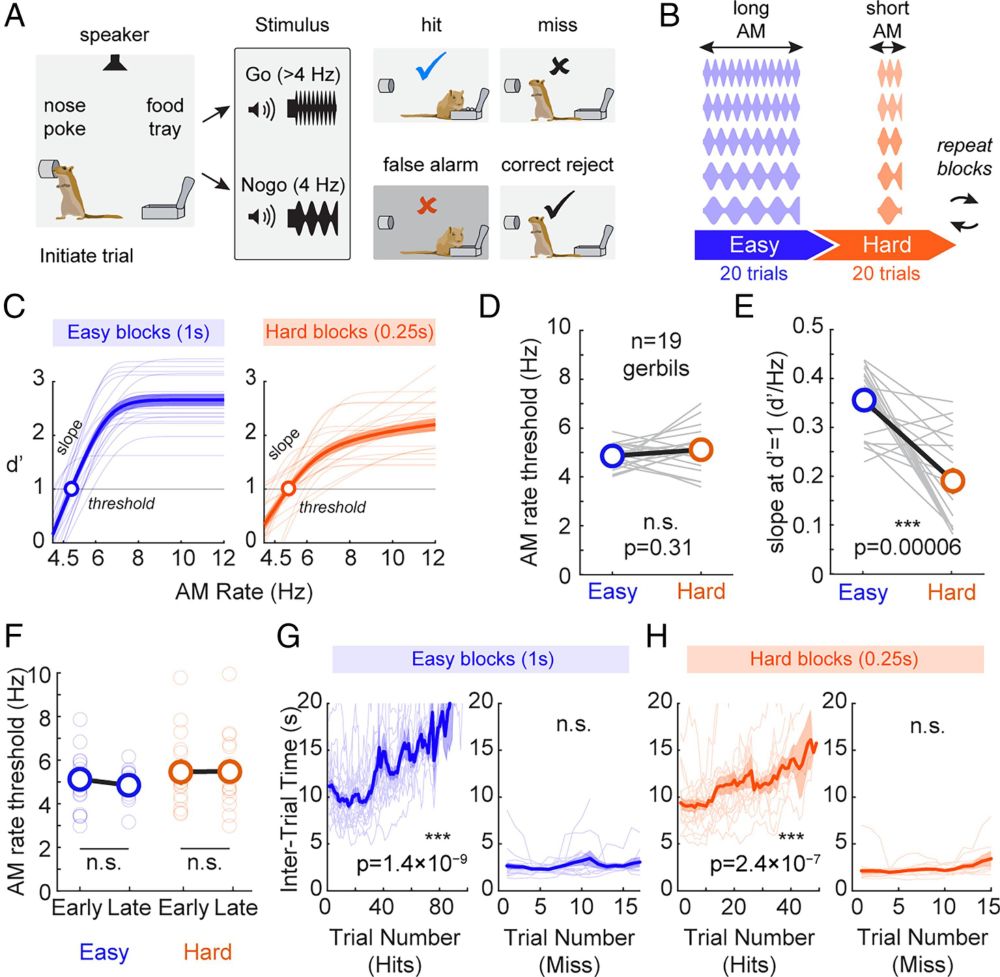Prev: Salamanca, Michigan, Nottingham
Auditory neuroscience, neural circuits, predictive coding, tinnitus
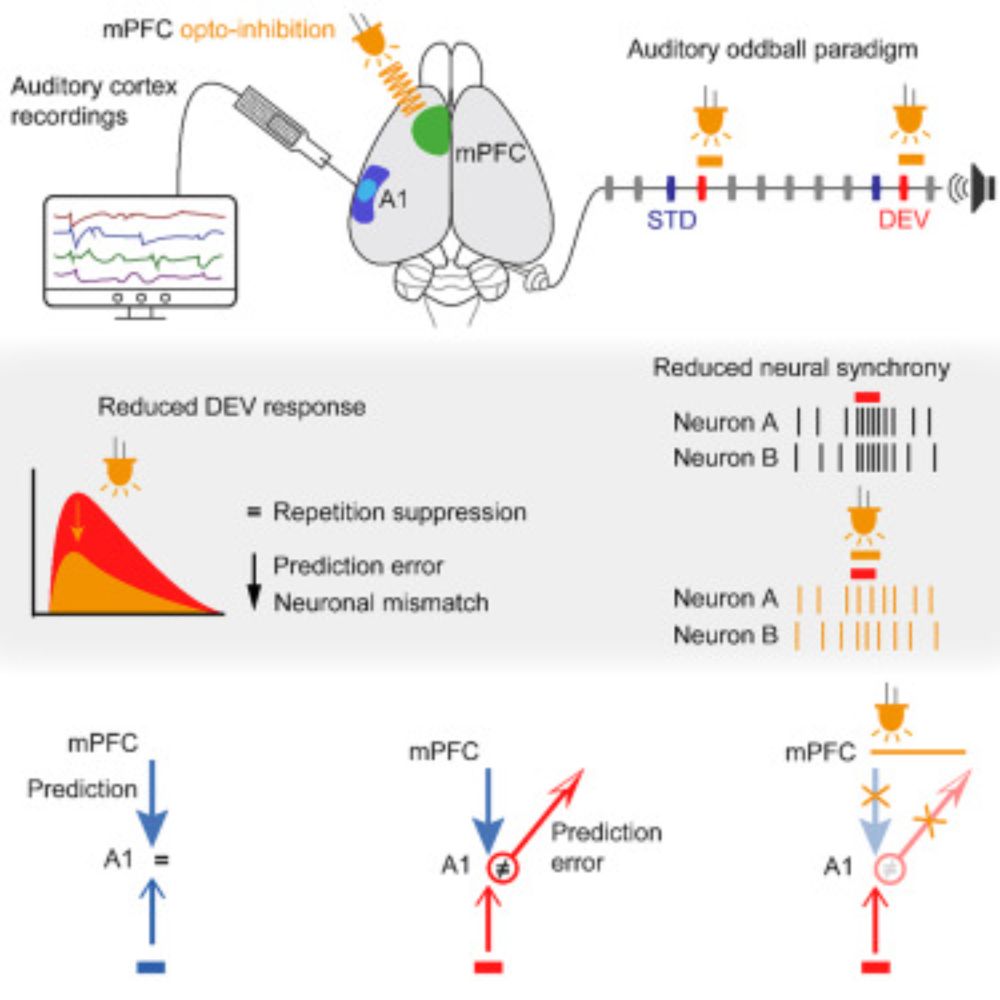
We asked how prediction errors are generated in the auditory cortex during the oddball paradigm. When blocking top-down prediction signals from mPFC, we saw reduced prediction errors in A1.
doi.org/10.1016/j.ce...
www.biorxiv.org/cgi/content/...

www.biorxiv.org/cgi/content/...
#psychskysci #neuroscience
doi.org/10.1101/2025...
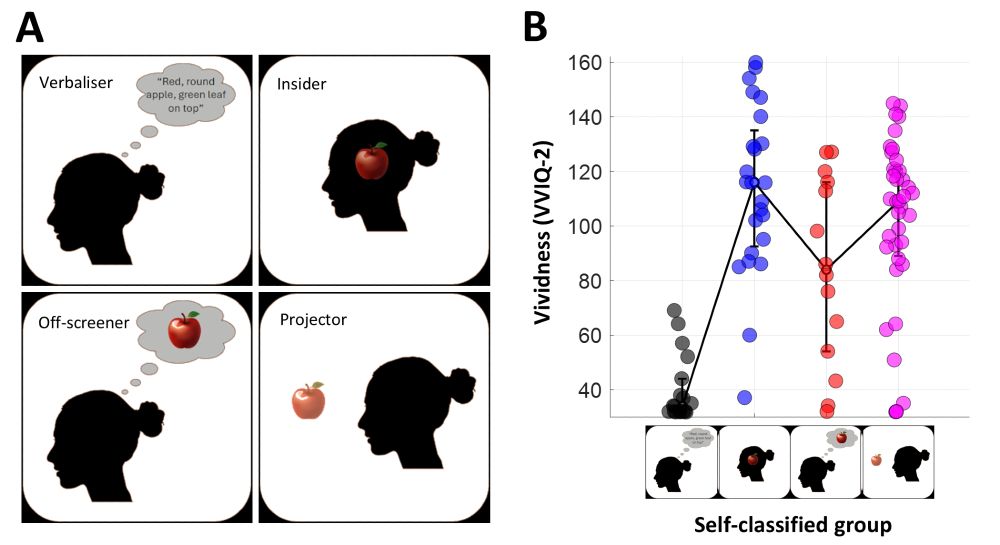
#psychskysci #neuroscience
doi.org/10.1101/2025...
doi.org/10.1002/advs...

doi.org/10.1002/advs...

www.nature.com/articles/s41...
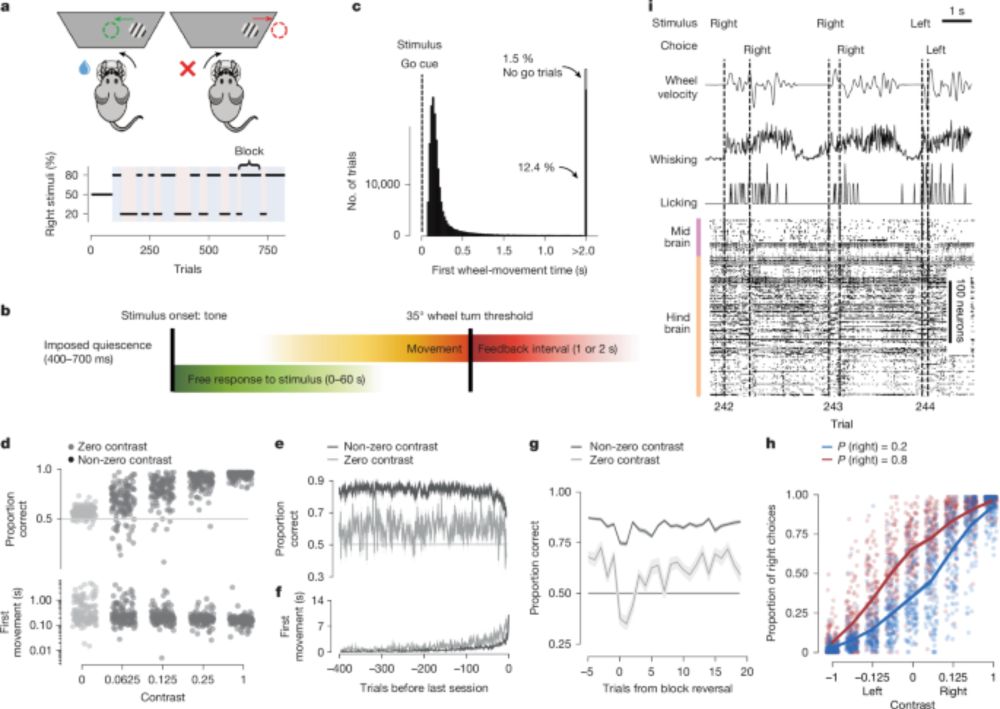
www.nature.com/articles/s41...
big new study led by Andrew Oxenham says "nope".
music lessons make kids better at music & that's good enough reason to do 'em !

big new study led by Andrew Oxenham says "nope".
music lessons make kids better at music & that's good enough reason to do 'em !

www.pnas.org/doi/10.1073/...
www.pnas.org/doi/10.1073/...

www.sciencedirect.com/science/arti...
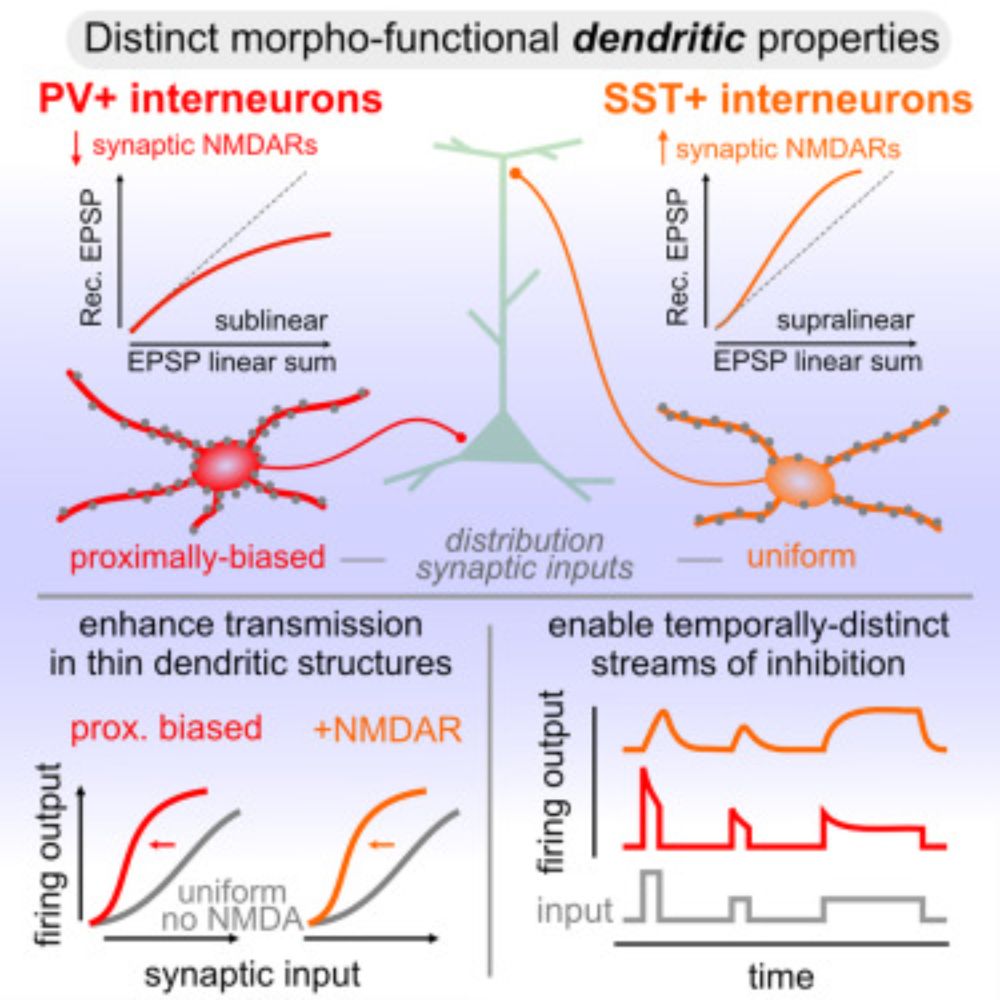
www.sciencedirect.com/science/arti...
Up states are reliably evoked by deviants under anesthesia, explaining the long-latency deviant responses seen in previous studies.
www.biorxiv.org/content/10.1...

Up states are reliably evoked by deviants under anesthesia, explaining the long-latency deviant responses seen in previous studies.
www.biorxiv.org/content/10.1...
pip install and play around with our toy dataset:
🔗 github.com/Julie-Fabre/...
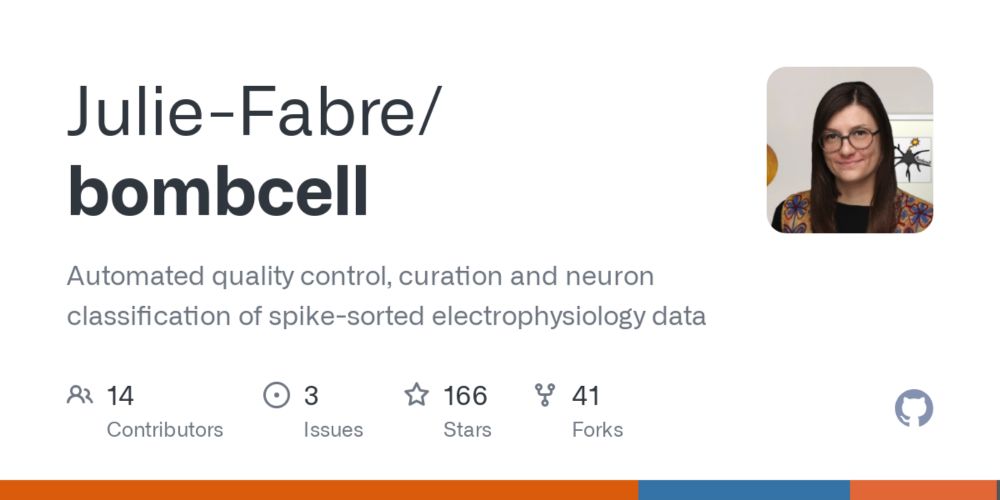
pip install and play around with our toy dataset:
🔗 github.com/Julie-Fabre/...


Excited to share our new paper just out in Scientific Reports!
🧠🎧 Using intracranial EEG, we show how the human brain automatically encodes patterns in random sounds– without attention or explicit awareness.
🔗 doi.org/10.1038/s415...

Excited to share our new paper just out in Scientific Reports!
🧠🎧 Using intracranial EEG, we show how the human brain automatically encodes patterns in random sounds– without attention or explicit awareness.
🔗 doi.org/10.1038/s415...
50+ neuroscientists distributed across the world worked together to create this unique community project.

50+ neuroscientists distributed across the world worked together to create this unique community project.
This tool was born out of necessity, here is the story. 🧵
1/
This tool was born out of necessity, here is the story. 🧵
1/
www.biorxiv.org/content/10.1...

www.biorxiv.org/content/10.1...
We asked how prediction errors are generated in the auditory cortex during the oddball paradigm. When blocking top-down prediction signals from mPFC, we saw reduced prediction errors in A1.
doi.org/10.1016/j.ce...

We asked how prediction errors are generated in the auditory cortex during the oddball paradigm. When blocking top-down prediction signals from mPFC, we saw reduced prediction errors in A1.
doi.org/10.1016/j.ce...
